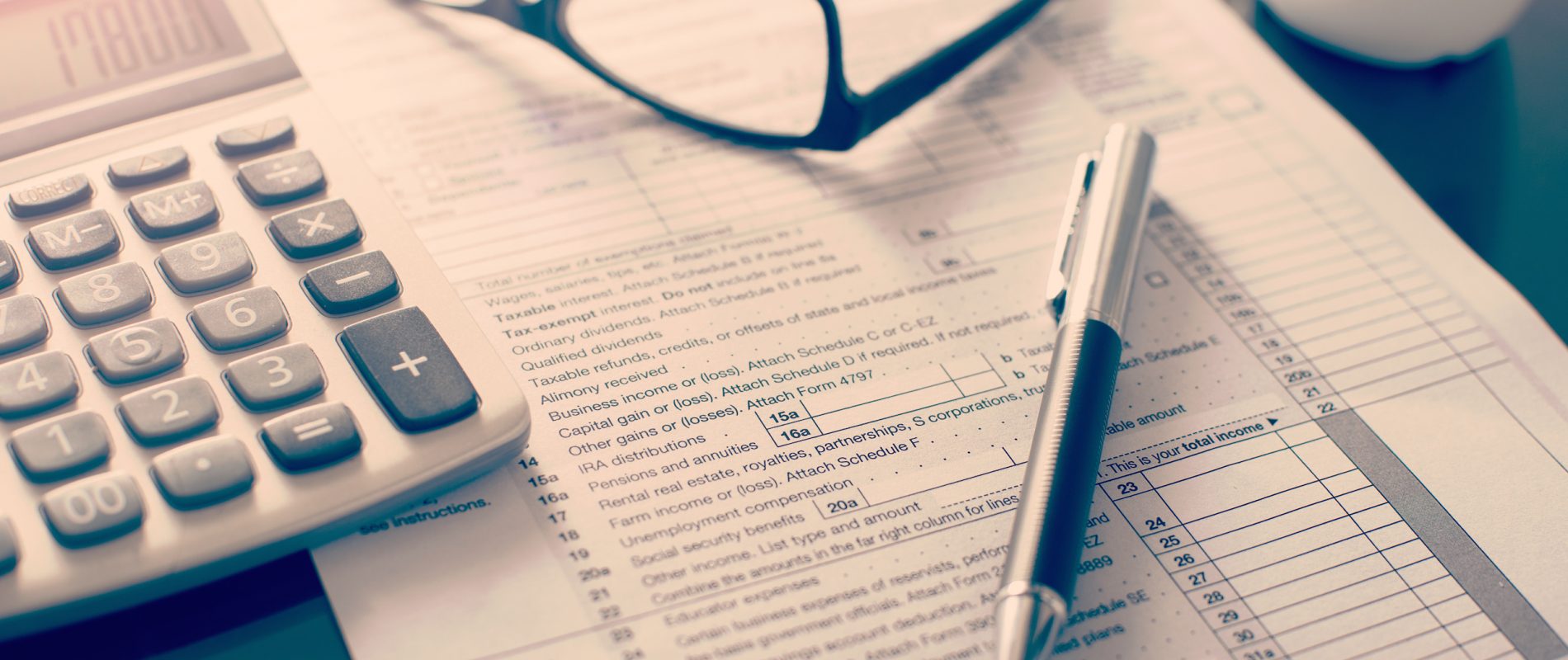Working holiday makers, interns, young professionals, temporary workers, students and permanent residents in Canada who have earned income during their stay must be prepared to file a tax return for the tax year (January 1 to December 31). The deadline each year is April 30. This guide will answer any questions you have about the Canadian tax return.
Do I really have to pay taxes in Canada as a temporary resident?
Yes, IEC permit holders (Working Holiday, Young Professionals, International Co-op) are expected to pay taxes in Canada. Fiscally speaking, being considered a resident for tax purposes has nothing to do with permanent residence. Even if you are considered a non-resident for tax purposes, if you earned any Canadian source income during your IEC permit, you will be expected to file taxes in Canada.
How do I know if I’m considered a tax resident in Canada?
Unfortunately, there is no one-size-fits-all answer. Though a large factor is the amount of time you spent in Canada during a tax year (183 days or more is usually considered a tax resident), this is not the only deciding factor.
It also comes down to the amount of residential ties you have developed in Canada: a common-law partner or dependents in Canada, a lease or mortgage in Canada, owning a car or a Canadian driving licence, etc. are all reasons why you would be considered a resident for tax purposes in Canada.
If you aren’t sure, fill out Form NR74 for the Canada Revenue Agency (CRA) to determine your residency status for you.
Do I get the amount paid back when leaving Canada?
The tax you pay is kept by Canada; you will not be paid back when you leave Canada. If you have overpaid on your taxes throughout the year, you will be eligible to claim back the amount you overpaid by.
How do I calculate what will be deducted from my gross salary?
Online tools exist but be careful when using them, as they are only generic aids to give you an idea of what should happen on your pay slip. Unless you are self-employed, your employer is responsible by law for making deductions as part of the payroll process. Your company’s payroll department should, therefore, be able to answer any questions you have about deductions.
When should I file my tax return in Canada?
The important date to remember is April 30 of each year. This is the deadline to file your taxes and pay any taxes due. There are a few exceptions, such as self-employed workers, who have until June 15 to file the tax return. Be careful, because payment is still expected by April 30. It is better to do it sooner rather than waiting until the last minute; it will save you a lot of stress, as well as the risk of being charged late penalties.
Can I file my own taxes or should I hire a professional to do it for me?
There is no obligation to use the services of a tax professional. All you need is one of the software programs approved by the tax authorities. Remember to be vigilant about regular updates because software approved one year may no longer be approved in the following year.
You may need to print out the forms you have filled out using the online software and send them by post, depending on your situation (those who have left Canada permanently cannot file online, for example).
On the other hand, you might want the peace of mind that the services and advice of a professional can provide. It is especially worth considering if you have a more complicated situation, e.g. if you are a freelancer, self-employed, you rent out property overseas, etc.
I have permanently left Canada. How do I file my taxes?
Aside from possible issues related to the fact you must complete your tax return on paper and mail it in, the procedure to follow is identical to the way you’d file your taxes in Canada. You must mention on your tax return that you have permanently left Canada, including your departure date and the details of your new foreign address.
How does being determined as a resident for tax purposes in Canada affect my home country?
This is a complex situation because of the varying rules of international taxation. Each country determines their own rules of what a tax resident is, usually relating to your length of stay, economic and family ties. You will need to check the rules of your home country to see if they would consider you a resident or non-resident for the tax year if you have left home for Canada.
In some cases, the rules of Canada and your home country can overlap and cause you to end up in a situation where you would be taxed twice in a year: once in Canada, and once in your home country. Don’t panic! Most of the time, international tax treaties exist between countries to avoid this kind of unfair situation where you’d have to pay tax twice on the same income.
For questions related to the determination of your residential ties in two countries, it may be better to seek the help of a tax professional. You do not want to accidentally fail to pay your taxes in Canada or your home country because of misunderstandings.
Do I have to declare income earned in another country during the tax year?
The concept to remember here is that of global income. Income earned abroad during the tax year must be declared when you are filing your Canadian tax return. However, income of foreign origin will often be taxed at the source by the country of origin. Canada taxes on Canadian source income, aka income you earned in Canada.
For newcomers, it is required to declare income earned before immigrating to Canada. These amounts are not included in global income and are not taxable in Canada. They are taken into account for the calculation of tax credits (aka, you might qualify for a reduction and have to pay less tax in Canada!). If you are from a country that has a tax treaty with Canada, you benefit from tax credits because you have already paid tax on the foreign income at the source.
Is the process the same if I am a freelancer or self-employed?
When you are self-employed, you must first determine your professional/business income. To do this, you must calculate the net income from your activities by deducting your operating expenses from your turnover. This income is then declared using form T2125 and must be included in your tax return.
To learn more, read our article Self-employment and freelancing in Canada FAQ.
What documents do I need to have to file my tax return?
- Bank details to receive any refunds.
- Employment income: the T4 slip (everywhere in Canada) and the Relevé 1 (Quebec only), summarising the amounts that were paid to you and the taxes that you paid at the source.
- Details of last year’s tax return/assessment (not applicable if this is your first time filing taxes in Canada).
- Any other applicable slips, e.g. tuition, benefits, pension, self-employment, etc.
- Receipts if applicable, e.g. self-employed business expenses, RRSP or FHSA contributions, interest paid on tuition loans, childcare costs, etc.
- Any other supporting documentation, e.g. CRA correspondence, sale of primary residence, income from a rental property, etc.
Are there things I can deduct from my taxes?
As discussed earlier, most employees will have deductions automatically calculated by their employer; these will show on your pay slips. Self-employed or freelance workers will want to claim deductions on business expenses such as equipment, advertising costs, office supplies, company vehicle, etc.
How do I get my T4 slip if the company I was working for has closed down?
If your employer has closed down and there is no longer any way to obtain the T4 slip, you should contact the government, as your employer should have sent them the information. However, if the business failed to provide the government with your T4 information, you will have to base your income declaration on your last pay slip.
Deadline for filing your tax return
Reminder: You have until April 30 of the following year to declare your Canadian income from the previous year.
It is still possible to file for previous years following an earlier stay in Canada. You will need to pay the late penalties if you owe any amount of tax but there are no penalties if you are due a tax refund.
Deliberately avoiding filing your taxes is illegal. Even if you left Canada many years ago, it’s important to file as soon as possible for the year(s) you earned income in Canada.












 Français
Français English
English




0 comments
{{like.username}}
Loading...
Load more